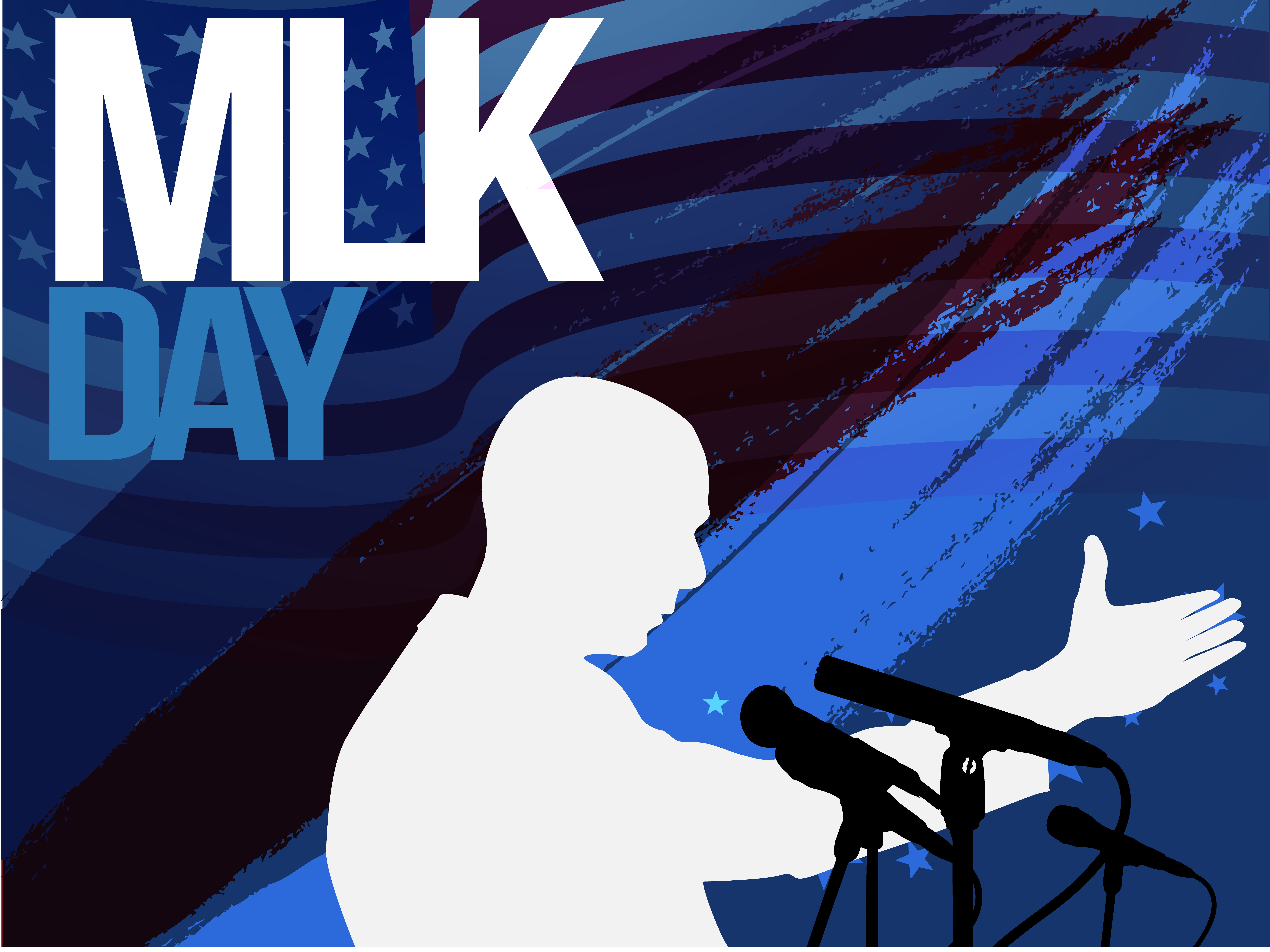
For those of you old enough to remember when we entered into the “Internet Age,” you may recall that exciting sensation when you first got “on line.” Chances are, it was the squeal of a modem connecting a service like AOL over a phone line. The connections were often shaky, slow, and spotty. But it would be sometime before we experienced “hi-speed,” so we didn’t know the difference.
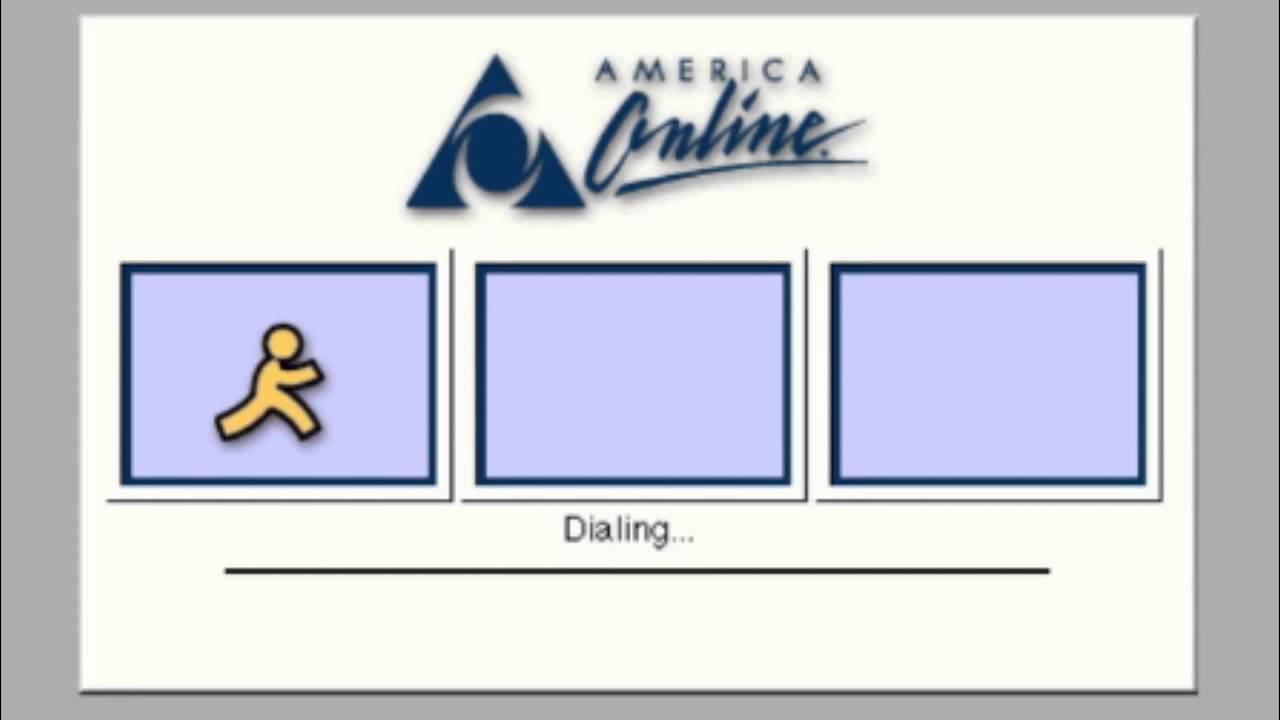
And despite the friction of accessing the World Wide Web, the rush of discovery was often well worth the trouble. Back then, it was easy to fall down the “rabbit hole” of learning and discovery. There was much serendipity, stumbling onto new facts and information by just typing what you were looking for into a search bar. Pre-Google, the process was clunky and inefficient, but if you were patient, new information and facts came with just a few keystrokes.
And then I discovered Encarta, one of the early web-based encyclopedias. It was probably “pre-loaded” into that first HP desktop computer I purchased for the house.
What a contrast to the ’60s and ’70s. As kids, the Jacobs brothers used World Book exclusively, purchased by Joan and Sid when we were kids. And they dutifully purchased the annual Year Books, one volume for each year so we had no excuses for not keeping up. We got a lot of use from those leather bound volumes, whether for research, term papers, or just browsing on rainy days.
So, having Encarta – that entire A-to-Z resource – baked into our home computer put the world literally at our fingertips. It was exhilarating. And unlike the way we search the web now – scrutinizing everything we read to determine if it’s a scam, a product of hackers, “deep fakes,” or simply not to be trusted – that was not the case with a source like Encarta, published by a trustworthy company, Microsoft. The assumption was that everything was true, accurate, and carefully vetted.
And I found myself diving into that online cornucopia of fun facts and useless information often for hours. Thanks to the discovery of “links,” one search tumbled into the next in a rapid-pace “did ya know?” fashion. Without the burdens of ads, social media, paywalls, or other barriers, it was like running around football fields of information without speed bumps or friction. It was simply a matter of how long it took to load pages of new and exciting information.

So, for a moment yesterday, I experienced that same feeling, but just for a few cyberseconds. As readers of JacoBLOG know, we just returned from an exciting (but frigid) week at CES 2024 in Las Vegas. Our tours, comprised of eager radio executives went exceptionally well (more on those in a moment).
There was a different feature this year, as our tour attendees joined us one evening at Sphere, the newest sensation in Sin City. And it lived up to the hype. We were treated to the brilliantly beautiful film, Postcard From Earth, directed by Darren Aronofsky (Black Swan and others). It’s a venue unlike anything you’ve experienced before, as unique as Red Rocks in a techie way.
But back to the celebration of “MLK Day,” I thought I’d give you three fun facts related to the holiday that you (hopefully) don’t already know. Now this first one may be a stretch. But it’s connected to U2, a band forever tied to Dr. King via their big hit, “Pride (In The Name Of Love).” And in my “rabbit hole” search for Dr. King, loosely connected factoids fall together (at least for me).
1.Sphere is having trouble booking its second act.
I started thinking what it would be like to see a live band at Sphere. U2 is finishing up their “residency” at this amazing venue, but there are apparently issues with the high cost of producing concerts for the unique Sphere format.
While Phish will be doing a series of shows, other acts have been slow to sign on. And the sticking point is evidently financial. According to the New York Post, everyone’s shooting for U2’s massive payday from MSG, reportedly $10 million, plus 90% of the box office.
As you can imagine, maybe MSG could shell out that kind of cash for the debut performances at Sphere, but with just 17,500 seats, there’s a finite amount of inventory and an upper limit on how much they can charge for each successive act.
A recent report in BroBible by Grayson Weir says Sphere’s booking roadblock is all about the green. There are rumors of talks about a Dead & Company appearance (with John Mayer), but nothing has been inked. Other bands being buzzed about for a Sphere appearance include Harry Styles, Lady Gaga, Bon Jovi, Paul McCartney, Miley Cyrus, and Beyoncé. But so far, nothing is on the calendar.
Other reports indicate no corporate sponsorships for the venue either – hard to believe given the buzz and viral nature of the venue. We did not see logos for other brands in spite of the impressive crowd to watch a movie at Sphere on a Wednesday night. In fact, the only merch on display was for Sphere itself.
After U2, nothing is set in stone for Sphere. As writer Weir asks, “If U2 is worth $10 million plus 90% of ticket sales, what is Beyoncé worth? Styles? Etc….”
Nonetheless, it’s an incredible experience no one can describe – you have to see it. To watch a great Sphere summary from Hubbard’s Jerry Sinon, click below:
@jeremysinon Sphere did not disappoint. This place is incredible. 🌐 🤯 #sphere #spherelasvegas #lasvegas #technology ♬ original sound – Jeremy Sinon
2. U2’s “Pride (In The Name of Love)” was originally not about MLK
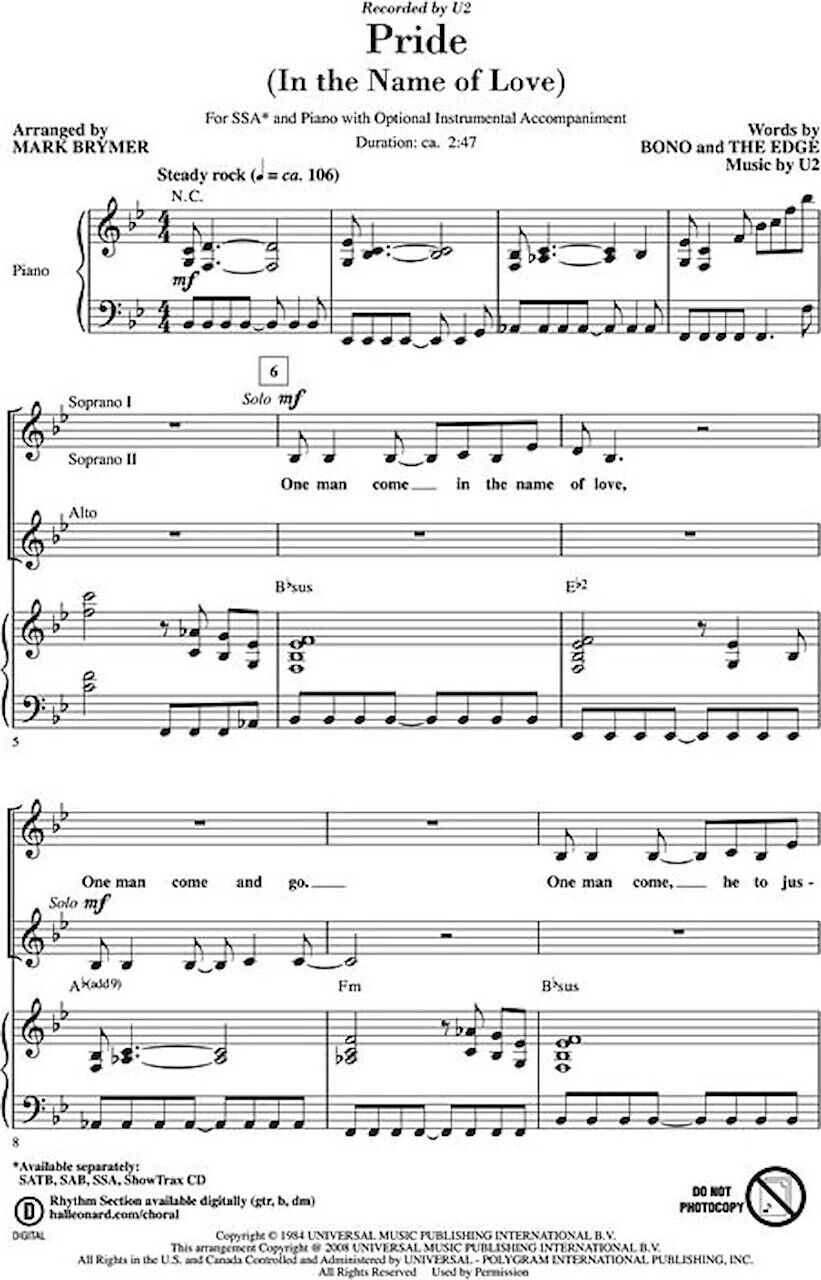 From U2 at Sphere, I happened across a story about a song that has long been associated with Dr. Martin Luther King, Jr., U2’s big hit “Pride (In The Name Of Love),” released in 1984 from The Unforgettable Fire album.
From U2 at Sphere, I happened across a story about a song that has long been associated with Dr. Martin Luther King, Jr., U2’s big hit “Pride (In The Name Of Love),” released in 1984 from The Unforgettable Fire album.
Everything about the song – including the day of the tragic assassination – April 4th – appears to revolve around Dr. King. But the reality is that “Pride” was originally written about President Ronald Reagan.
Bono’s earlier vision of the song was about connecting “pride” with “arrogance.” The song was first conceived to be a middle finger salute to America’s movie star president.
According to multiple outline sources, including American Songwriter, Reagan was the song’s inspiration until Bono and the band toured the Chicago Peace Museum in ’83, and learned about Dr. King. And then everything changed.
learned about Dr. King. And then everything changed.
As Bono spoke during a 2022 tribute, “Dr. King kept us tolerant in a time of terror. Kept us faithful to peace and community. Made us believe in joy and justice. Showed us the way to a shared humanity. Dr. King’s voice is louder today than it has ever been. He is one of the true fathers of our American dream.”
3. At the time of his death, MLK, Jr. was a budding radio star
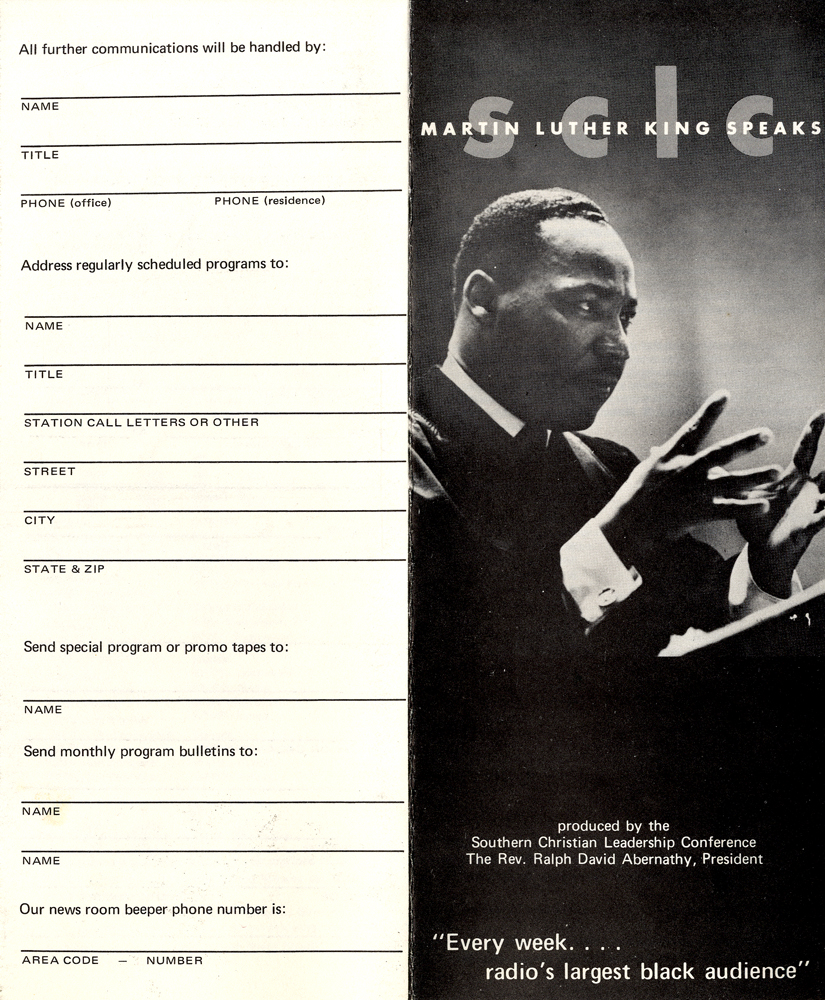
MLK Speaks was a weekly syndicated radio show, launched in 1967. It made its way onto 90 radio stations, featuring speeches and stories from Dr. King. The program was produced by the Southern Christian Leadership Conference, according to Emory University graduate processing assistant, Rebecca Sherman.
In her research on the show, it turns out the actual name was Martin Luther King Speaks: The Radio Voice of SCLC. The show was used as a megaphone for the organization’s activities, and guests included Ralph Abernathy, Andrew Young, and other respected civil rights leaders from the era.
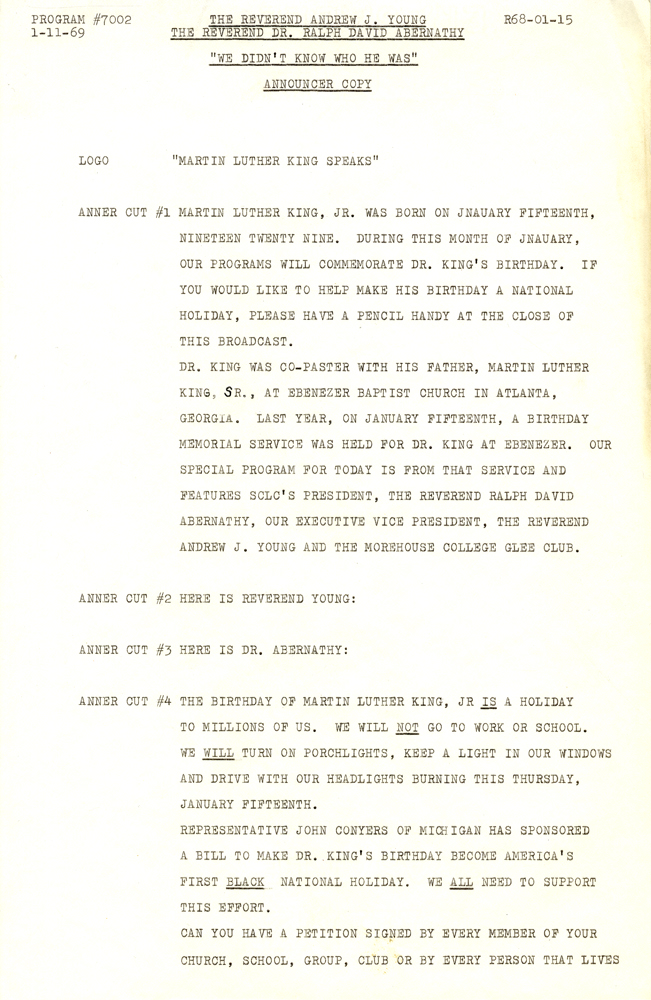
According to Sherman, the show always opened and closed with clips of Dr. King to frame up each episode’s topic. The SCLC produced records of his speeches, and later sold tapes for a small fee.
Other guests on MLK Speaks included prominent thought leaders of the day including Alan Ginsberg, Dick Gregory, Angela Davis, and Harry Belafonte.
As for the program’s influence, a late civil rights activist and U.S. Congressman, John Lewis, often mentioned he was first exposed to Martin Luther King by hearing him on the radio. And that raises the question of just how many others first learned about Dr. King and his messages by listening over the broadcast radio airwaves.
Three interesting facts surrounding a day we cannot let evolve into just another long weekend on our calendars. Feel free to add your thoughts or remembrances in our “comments” below.
For more on our journey to CES 2024, and our upcoming free webinar, stay tuned for an announcement later this week. – FJ
- What To Do If Your Radio Station Goes Through A Midlife Crisis - April 25, 2025
- A 2020 Lesson?It Could All Be Gone In A Flash - April 24, 2025
- How AI Can Give Radio Personalities More…PERSONALITY - April 23, 2025




Enjoy your missives. I feel lucky to be receiving them.
In this one you used the word factoid near the beginning referring, I believe, to three little known facts. If so, you used it wrongly. I believe a factoid is something not a fact but which is repeated often enough to become known as a fact.
I could look it up, but where’s the fun in that…?
Thank you again for your frequent sharing of your experience and insight.
According to Mirriam-Webster, a factoid can also be a true but brief item which is classified as trivial.
But I don’t think what Fred posted is trivial, either.
So I’ll just thank Fred for today’s post and for what I learned about one of my favorite U2 songs (which I can’t believe I didn’t know already).
Thanks, John (I think….).
I’ve always thought of factoids as minitiare, somewhat trivial facts. At any rate, thanks for reading the blog, and I do appreciate the comments.
In Chicago, a radio station paid tribute to Dr. King almost every day for years. After his death, WVON, a legendary station in Chicago, would begin almost every newscast with a bite from one of his speeches–and I would assume that they used tapes provided by the SCLC. The tradition ended about the time the Chess brothers sold the station to Globetrotter in the early 70s, but it was a great tradition that defined WVON as much as their music.
It spoke volumes about what WVON stood for, something so many stations lack today.
It’s ironic that today radio can’t play audio of Dr. Martin Luther King Jr. without the threat of the King family suing. Somehow, I don’t think the good doctor would approve.
It’s a litigious world, for better or for worse.